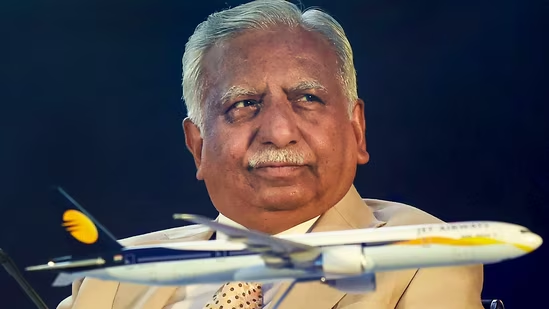Hyundai Motor India’s shares made a lackluster debut, commencing trading below its issue price at ₹1,931 on the BSE and ₹1,934 on the NSE.
Hyundai Motor India experienced a tepid reception on the stock market as its shares debuted below the ₹1,960 issue price. Despite raising ₹27,870.16 crores through the IPO, the company’s lackluster performance was attributed to subdued market sentiment and the absence of additional funding for expansion.
HMIL, Hyundai Motor India Limited, had a lackluster stock market debut on Tuesday as its shares debuted below the issue price.
Upon debut on the Bombay Stock Exchange (BSE), Hyundai’s stock commenced trading at ₹1,931, a 1.5% drop from the issue price of ₹1,960. Simultaneously, on the National Stock Exchange (NSE), the shares were introduced at ₹1,934. As trading progressed, Hyundai’s stock witnessed an additional decline of 3%.
India’s biggest IPO, Hyundai Motor India, successfully garnered ₹27,870.16 crores in its IPO through the sale of 14.22 crore shares.
The initial public offering (IPO) was priced at a range of ₹1,865 to ₹1,960 per share, ultimately closing at the upper limit of ₹1,960. Investors could subscribe to the IPO from October 15 to October 17.
Hyundai Motor India allocated shares to winning bidders on October 18, with the crediting to demat accounts taking place on October 21. Trading of the company’s shares commenced on October 22, 2024, on both the BSE and NSE platforms.
Shivani Nyati, the Head of Wealth at Swastika Investmart Ltd., highlighted that even with the discounted listing, Hyundai Motor India’s robust fundamentals, its position as the second-largest passenger vehicle manufacturer in India, and its strategic emphasis on the SUV segment remain crucial factors bolstering its future growth potential.
Considering the company’s strong market position and continuous product development, investors adopting a long-term approach might find it beneficial to maintain their stock holdings for potential future gains.
The lackluster launch could be attributed to various factors, even with Hyundai’s dominating market position and impressive financial results.
Investor sentiment in the wider market has been unstable, leading to a cautious approach towards new listings. This wariness stems from uncertainties surrounding both the global economy and the Indian market.
Moreover, due to the IPO being organized as an offer for sale, the funds raised from the IPO did not support company growth, potentially influencing investor confidence.










